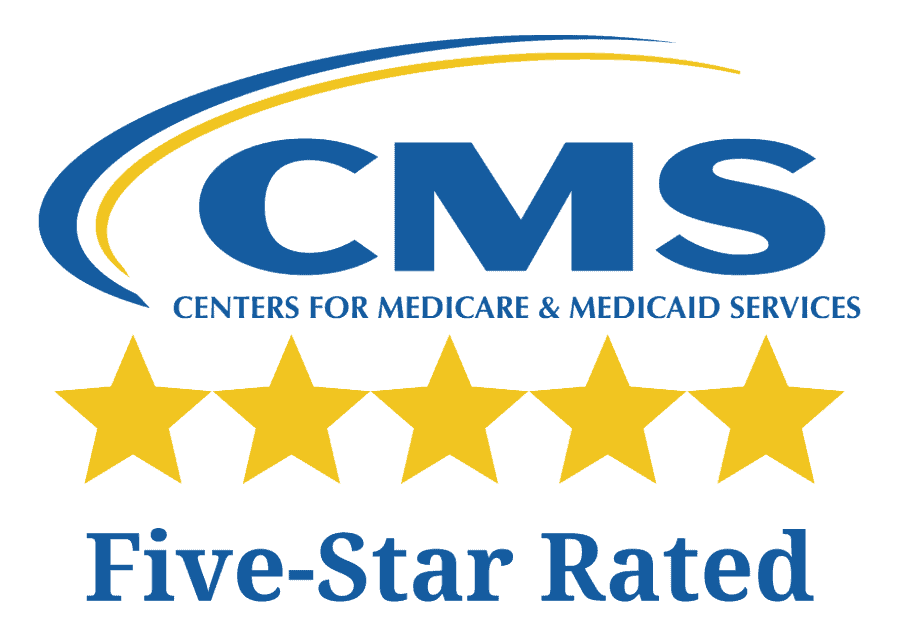
Home health and outpatient care play an integral role in a patient’s recovery. These two types of care both involve getting care from a licensed medical professional, such as a physical therapist, that helps to get a patient back to living an independent lifestyle. Home health and outpatient care also both provide healthcare services that are tailored to the individual needs of the patient, following the physician’s protocols. These services can be performed in the home setting for the convenience of the patient. Quality home health and outpatient services can help to reduce the risk of readmission to the hospital and promote a faster recovery process.
So, What Is the Difference?
Home health services are prescribed by a physician when a patient is homebound following a surgery or medical setback. Home health services include skilled nursing, physical therapy, occupational therapy, speech-language pathology and medical social work. Home health therapy exercises are less advanced and are focused on restoring functional mobility to be able to do activities of daily living (transfer, bathing, dressing, grooming) without any falls or injuries. These exercises are focused on restoring the patient’s range of motion (ROM) and ambulation so that they are no longer homebound and can transition to outpatient therapy.
Outpatient therapy services are provided after home health is complete. Outpatient services include physical therapy, occupational therapy and speech-language pathology. Patients are no longer considered homebound and are a few weeks post-operative. These exercises are more advanced and are focused on restoring and maintaining strength, endurance, flexibility, stability and balance. The goal of outpatient physical therapy is to build strength and help patients return to living an independent lifestyle. The programs are tailored to each individual’s needs and can expedite the recovery process. In-home outpatient therapy is when outpatient therapy services are provided in the home setting. There can be great benefits for patients who choose to recover in their own home, rather than an unfamiliar setting.
Home health services are billed under Medicare Part A, while outpatient therapy services are billed under Medicare Part B.
Conclusion
As illustrated above, outpatient therapy typically involves similar therapies as home health care but is intended for patients who are more advanced in their recovery. Figuring out which service is right for you or a loved one depends on the condition, individual needs, physician recommendations and specific goals. Typically, if an individual has lost functional mobility or is unable to leave the home, home health care services will likely be recommended. Some conditions needing home health care include stroke, post-surgical conditions, Parkinson’s disease, ALS and trauma. Read our blog post about finding a home health agency that may be right for you or a loved one.







